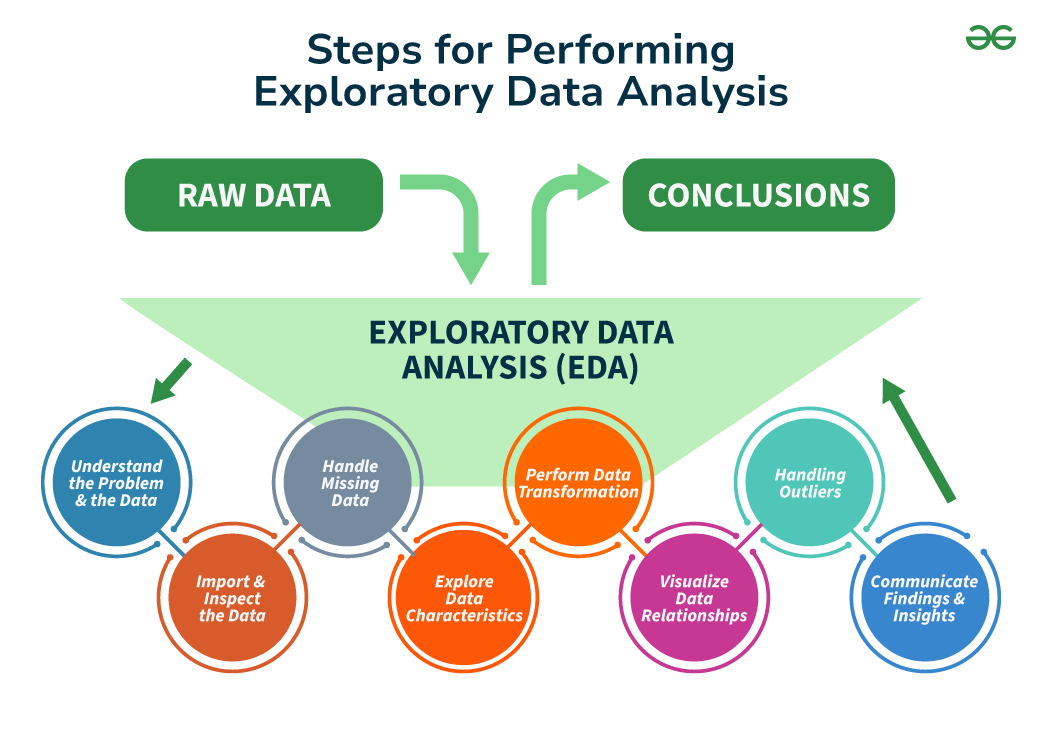Introduction
In today’s data-driven world, the ability to understand and leverage machine learning (ML) is becoming increasingly crucial for data analysts. For urban professionals, machine language has come to be a much-preferred learning option as evident from the heavy enrolment that a Data Analyst Course in Pune and such cities attract.
Machine learning, a subset of artificial intelligence, focuses on building systems that learn from data, identify patterns, and make decisions with minimal human intervention. This article will delve into the fundamentals of machine learning and how it can empower data analysts to extract more value from their data.
Understanding Machine Learning
Machine learning involves using algorithms to parse data, learn from it, and make predictions or decisions. It can be broadly classified into three types:
- Supervised Learning: This type involves training a model on a labelled dataset, meaning that each training example is paired with an output label. The model makes predictions based on the input-output pairs it has learned. Examples include regression and classification tasks.
- Unsupervised Learning: Here, the model is trained on unlabelled data, meaning it has to identify patterns and relationships in the data without any predefined labels. Common techniques include clustering and dimensionality reduction.
- Reinforcement Learning: In this type, an agent learns to make decisions by taking actions in an environment to maximise cumulative reward. It is widely used in robotics, gaming, and autonomous systems.
These key ML algorithms are covered in any Data Analyst Course that includes machine learning.
Key Machine Learning Algorithms
Understanding some of the fundamental algorithms is crucial for any data analyst. Here are a few essential ones:
- Linear Regression: Used for predicting a continuous target variable based on one or more predictor variables.
- Logistic Regression: Used for binary classification problems where the output is a probability that a given input belongs to a certain class.
- Decision Trees: A non-parametric supervised learning method used for classification and regression. It splits the data into subsets based on the value of input features.
- k-Means Clustering: An unsupervised learning algorithm used to partition the dataset into k clusters based on feature similarity.
- Principal Component Analysis (PCA): A technique for dimensionality reduction that transforms the data into a set of orthogonal components that explain the most variance.
The Role of Data Analysts in Machine Learning
Data analysts play a pivotal role in the machine learning lifecycle. If you are a data analyst planning to upgrade your skills by enrolling for a Data Analyst Course, here are some reasons why you should choose a course that includes machine learning:
- Data Preparation: The quality of the data significantly impacts the performance of machine learning models. Data analysts clean, preprocess, and transform raw data into a format suitable for modelling.
- Feature Engineering: Creating new features or modifying existing ones to improve model performance is a key task for data analysts. This step often requires domain knowledge and creativity.
- Model Evaluation: Data analysts evaluate the performance of machine learning models using various metrics like accuracy, precision, recall, and F1 score. They also perform cross-validation to ensure the model generalises well to unseen data.
- Data Visualisation: Communicating the results of machine learning models effectively is crucial. Data analysts use visualisation tools to create intuitive and informative charts and graphs that help stakeholders understand the insights.
Tools and Technologies
Several tools and technologies are essential for data analysts working with machine learning:
- Programming Languages: Python and R are the most popular languages for machine learning due to their extensive libraries and frameworks.
Libraries and Frameworks:
- Scikit-learn: A Python library that provides simple and efficient tools for data mining and analysis.
- TensorFlow and Keras: Libraries for deep learning models.
- Pandas: A library for data manipulation and analysis.
- Data Visualisation Tools: Matplotlib, Seaborn, and Plotly for Python; ggplot2 for R.
Real-world Applications
Machine learning has a wide range of applications across various industries. Professional data analysts often prefer to attend a domain-specific technical course as such a learning can be applied in their roles. Thus, an advanced Data Analyst Course in Pune and such cities will most likely be organised for a specific domain. Some of the notable domains and what is most relevant to those domains are listed here.
- Finance: Fraud detection, algorithmic trading, and credit scoring.
- Healthcare: Disease prediction, personalised medicine, and medical image analysis.
- Retail: Customer segmentation, recommendation systems, and inventory management.
- Manufacturing: Predictive maintenance, quality control, and supply chain optimisation.
Challenges in Machine Learning
Despite its potential, machine learning comes with challenges:
- Data Quality: Poor quality data can lead to inaccurate models.
- Overfitting: Models that are too complex can perform well on training data but poorly on new, unseen data.
- Interpretability: Some machine learning models, particularly deep learning ones, are often seen as “black boxes” with little interpretability.
Conclusion
Machine learning is transforming the way data analysts work, enabling them to uncover deeper insights and make more accurate predictions. By enrolling for a Data Analyst Course in which ML is covered, data analysts can understand the fundamentals of machine learning, enhance their skill set, and contribute more effectively to their organisations. As the field continues to evolve, staying updated with the latest advancements and continuously honing machine learning skills will be crucial for success.
Contact Us:
Name: ExcelR – Data Science, Data Analytics Course Training in Pune
Address: 101 A ,1st Floor, Siddh Icon, Baner Rd, opposite Lane To Royal Enfield Showroom, beside Asian Box Restaurant, Baner, Pune, Maharashtra 411045
Phone Number: 098809 13504
Email ID:shyam@excelr.com





